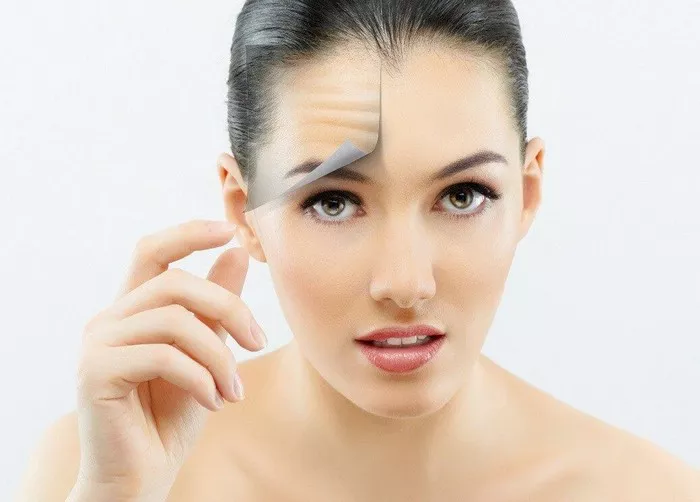Stress is a common part of modern life, and it can have a range of negative effects on our physical and mental health. One of the ways that stress can impact our bodies is by causing wrinkles and other signs of aging in our skin. In this article, we will explore the link between stress and skin aging, the different types of wrinkles that can result from stress, and what you can do to protect your skin and reduce the impact of stress on your appearance.
How Stress Affects Skin Health
Stress affects the body in many different ways, including the skin. When we experience stress, our bodies produce a hormone called cortisol. Cortisol can break down collagen and elastin, which are two proteins that keep the skin looking young and supple. This can lead to the formation of wrinkles, fine lines, and other signs of aging.
Stress can also cause inflammation in the body, which can worsen skin conditions such as acne, psoriasis, and eczema. It can also make skin more sensitive, leading to redness, itchiness, and other symptoms.
In addition to these effects, stress can also affect our skincare routine. When we are stressed, we may not take care of our skin as well as we should, neglecting to cleanse, moisturize, or protect our skin from the sun. This can further exacerbate the effects of stress on the skin.
Can Stress Cause Wrinkles?
While stress can contribute to the formation of wrinkles, it is not the only factor. Aging, genetics, and environmental factors such as sun exposure and pollution can also play a role in the development of wrinkles.
However, studies have shown that chronic stress can accelerate the aging process and lead to the formation of wrinkles. One study found that women who reported higher levels of stress had more visible signs of aging, including wrinkles and uneven pigmentation.
Types of Wrinkles Caused by Stress
There are several different types of wrinkles that can result from stress, including:
- Forehead wrinkles:
Stress can cause tension in the forehead muscles, leading to the formation of horizontal wrinkles across the forehead.
- Crow’s feet:
Chronic stress can also cause wrinkles around the eyes, known as crow’s feet. These wrinkles can be particularly noticeable when we smile or squint.
- Frown lines:
Stress can also cause vertical lines between the eyebrows, commonly known as frown lines. These lines can make us look angry or upset even when we are not.
Preventing and Reducing the Impact of Stress on Skin Aging
While stress is a natural part of life, there are several things you can do to protect your skin and reduce the impact of stress on skin aging. Here are some tips:
- Manage stress:
Reducing stress is one of the most effective ways to protect your skin from wrinkles and other signs of aging. Consider practicing relaxation techniques like meditation, deep breathing, or yoga to help manage stress.
- Get enough sleep:
Getting enough sleep is crucial for reducing stress and protecting your skin from wrinkles. Aim for at least seven hours of sleep per night.
- Eat a healthy diet:
A diet rich in fruits, vegetables, and healthy fats can help protect your skin from the damaging effects of stress.
- Use sunscreen:
Sun damage can accelerate the aging process in the skin, so it’s important to wear sunscreen daily to protect your skin from UV rays.
- Use anti-aging skincare products:
Look for skincare products that contain ingredients like retinoids, vitamin C, and hyaluronic acid, which can help reduce the appearance of wrinkles and other signs of aging.
In conclusion, stress can have a range of negative effects on our physical and mental health, including the acceleration of skin aging. By managing stress, getting enough sleep, eating a healthy diet, using sunscreen, and using anti-aging skincare products, you can protect your skin from the damaging effects of stress and maintain a more youthful appearance.


